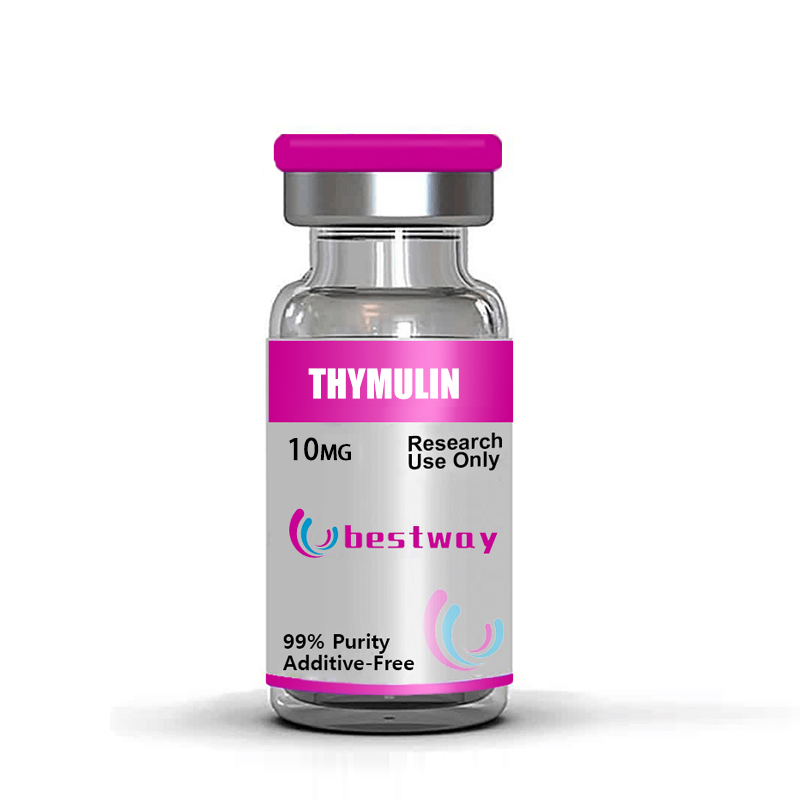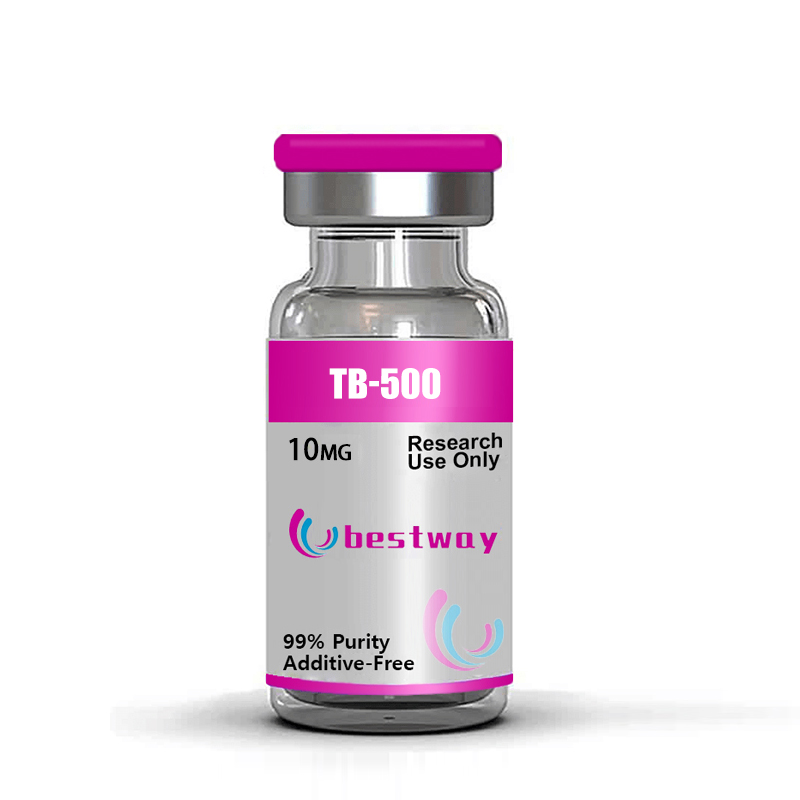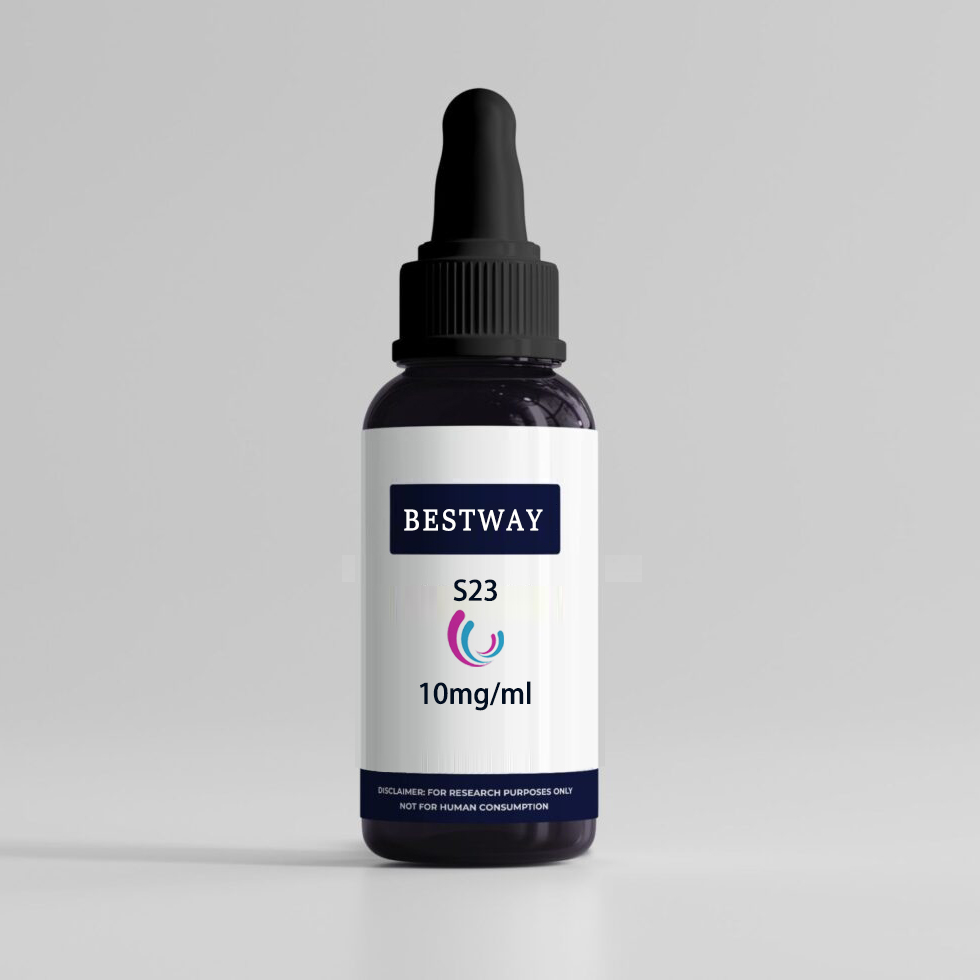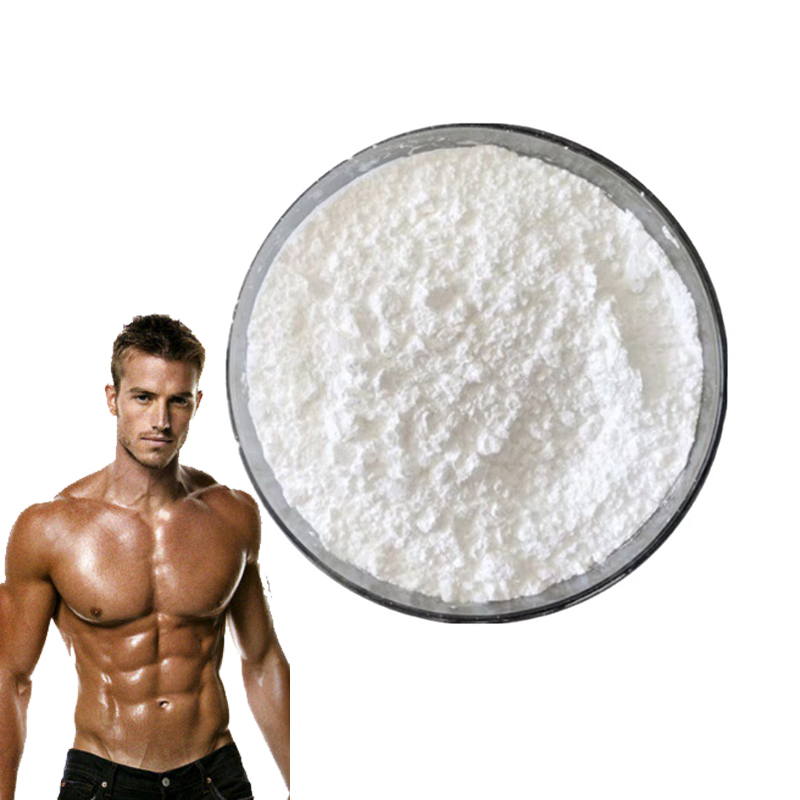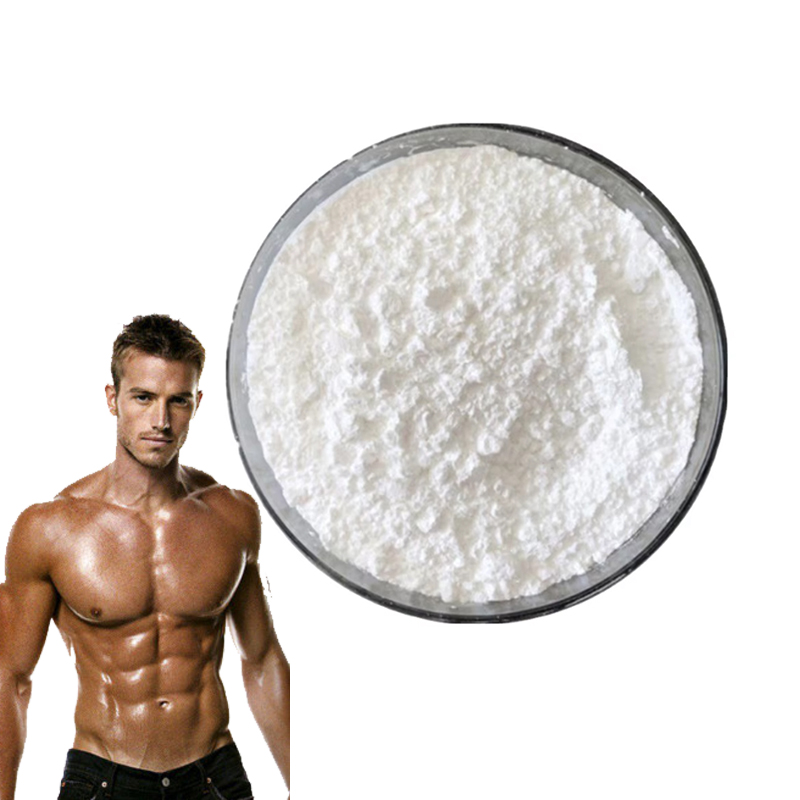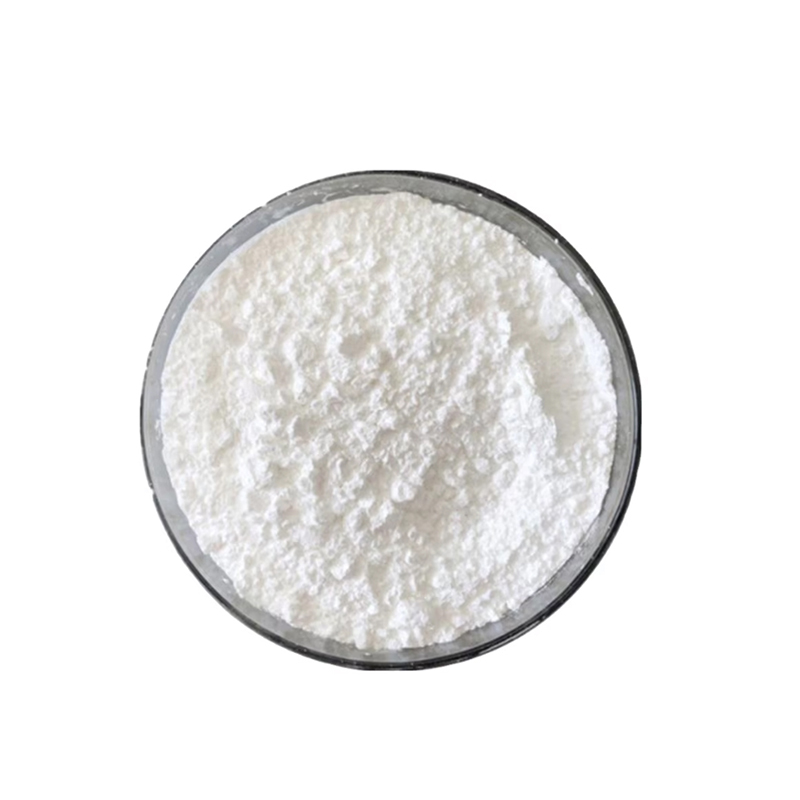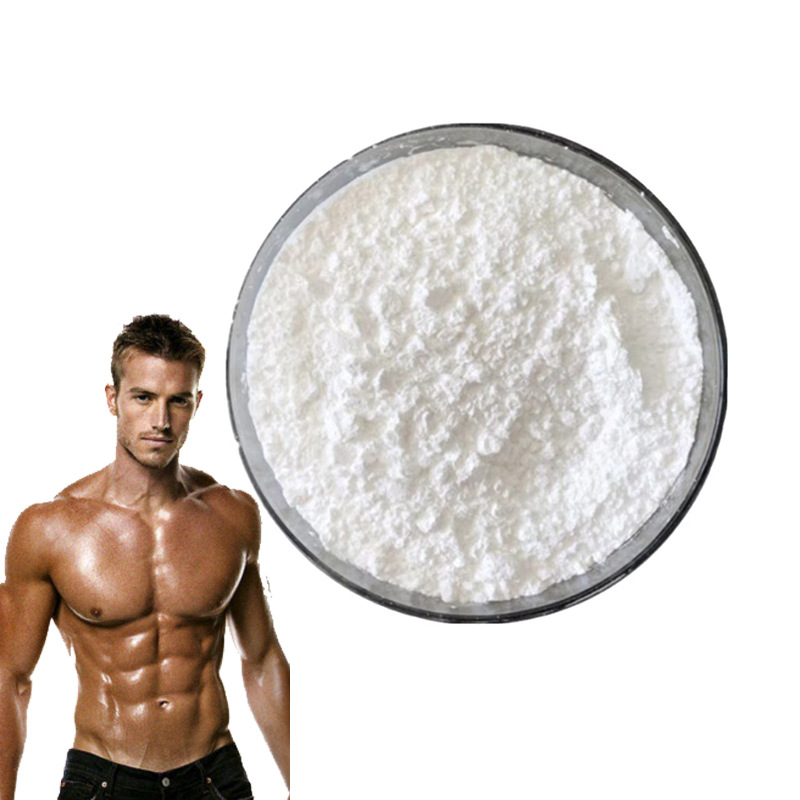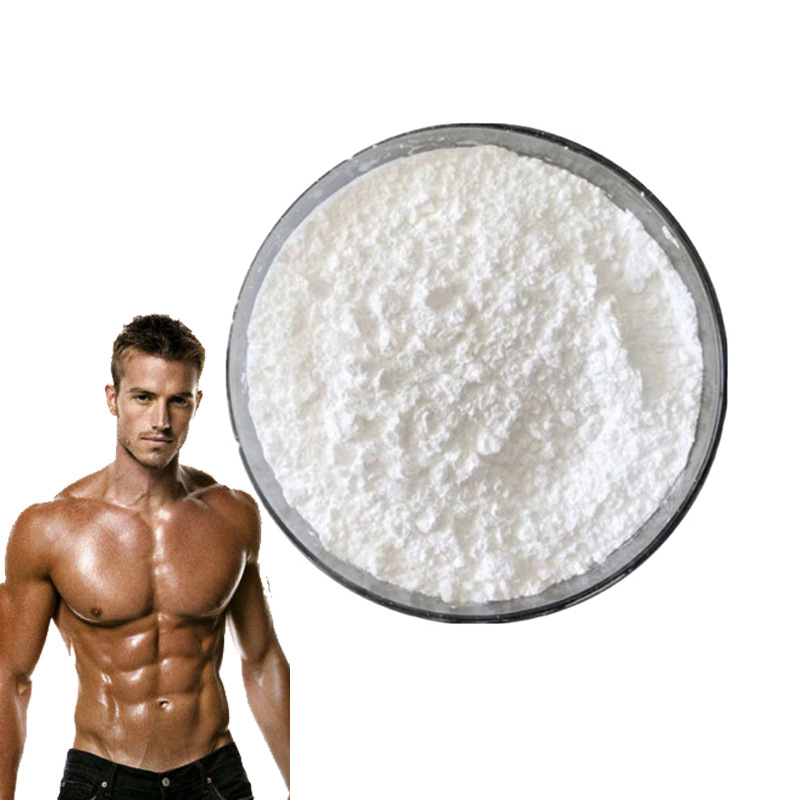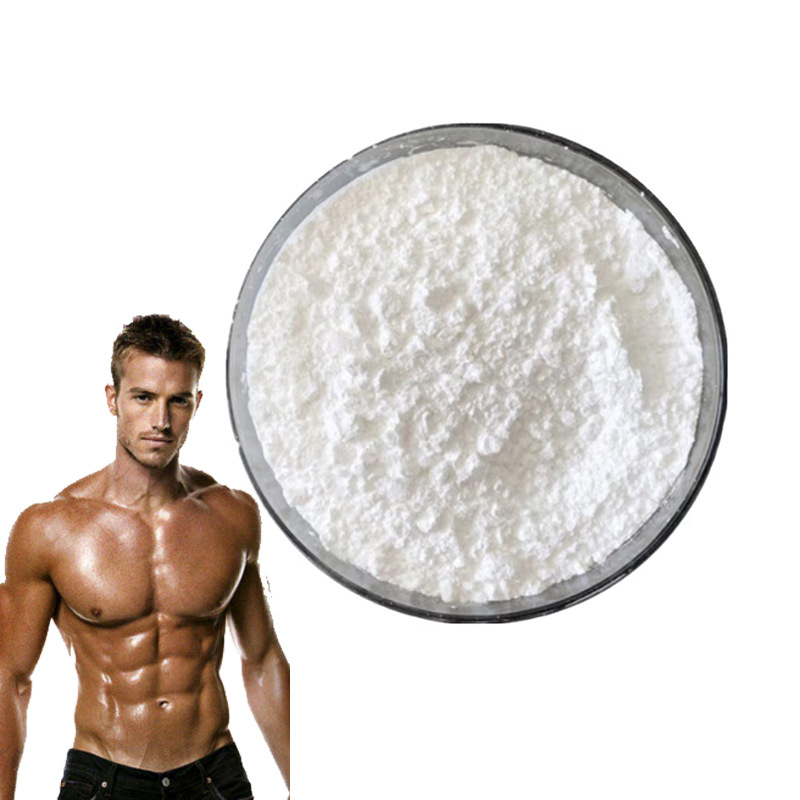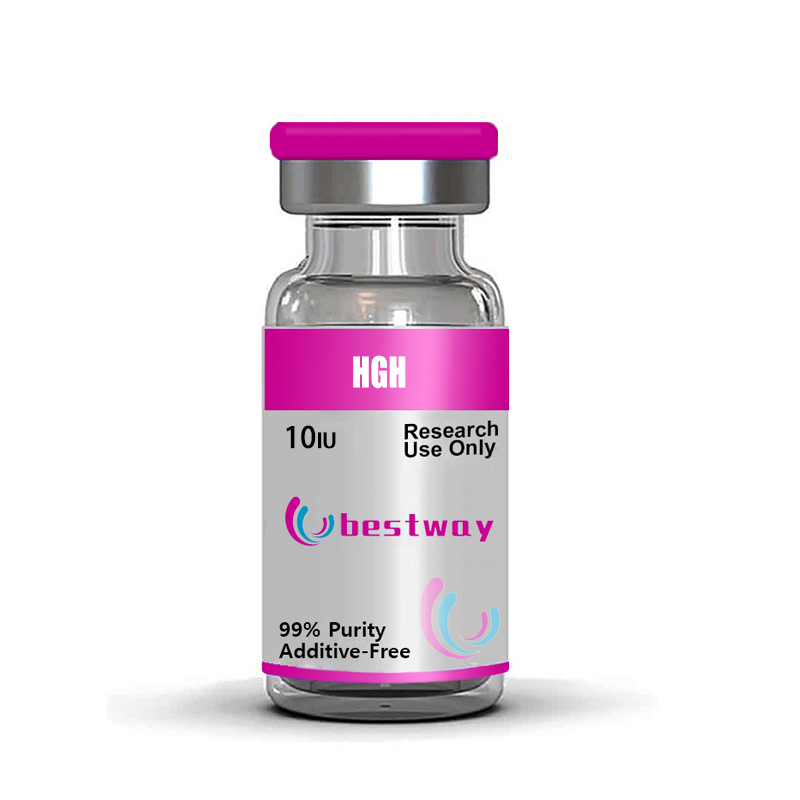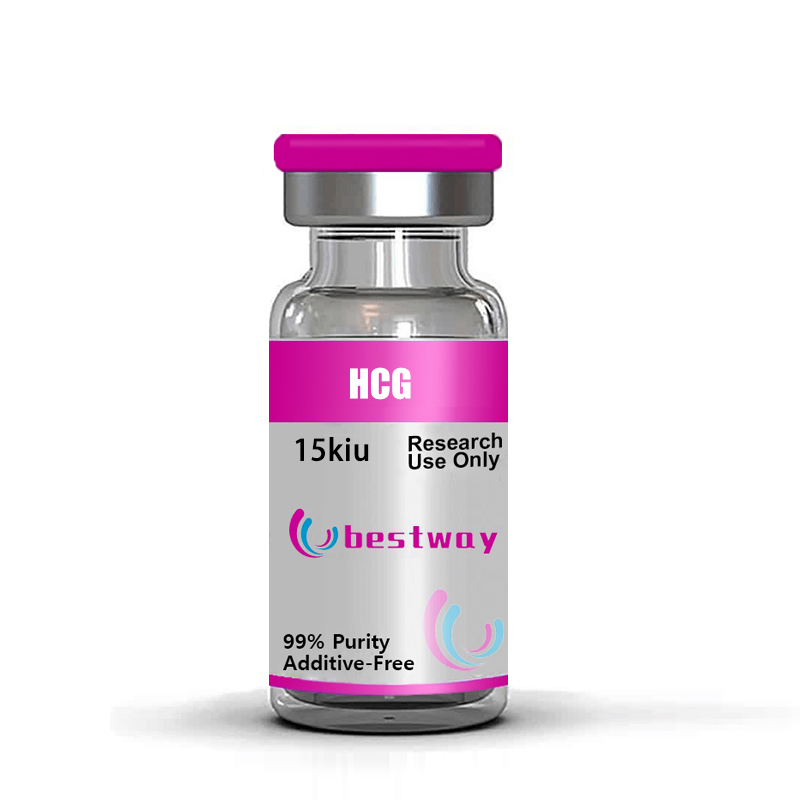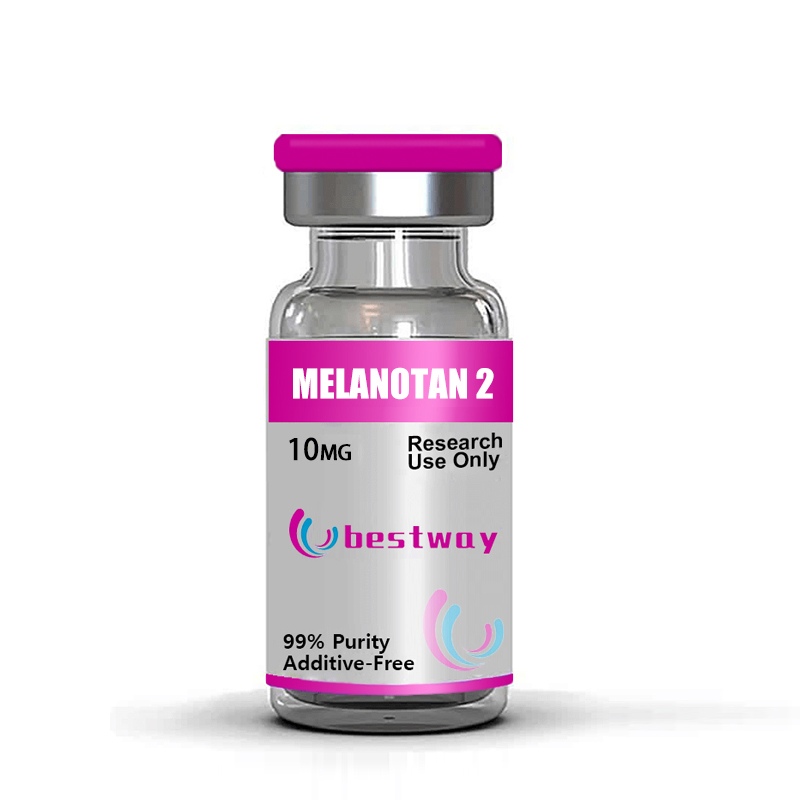Sequence: Glu-Ala-Lys-Ser-GIn-Gly-Gly-Ser-Asn
Molecular formula: C 33 H 54 N 12 O 15
Peptide purity: greater than 98%
Additional details: TFA-free, mannitol-free
Storage: This product must be stored at 4°C. Not suitable for freezing.
Zinc-thymol is for external use only
Description
Hair loss occurs in a large proportion of the adult population and increases with age. Both men and women can experience hair loss, but it is more common in men.
In the West, an estimated 50% of men will experience noticeable hair loss before the age of 50.
The most common form of hair loss in men is androgenic alopecia (male pattern baldness).
Most hair loss is due to follicular inactivation, which means that the follicles stop growing hair. Literature also suggests that with aging, the fat layer of the scalp thins, leading to the inactivation of stem cells that regulate hair growth, which can lead to hair loss. Zinc deficiency can also lead to hair loss.
Thymosin is a nonapeptide from the thymus gland.

Zinc and thymosin are two natural compounds involved in hair follicle growth that have been found to promote hair growth.
Early reports of thymus extracts stimulating hair growth were published in 1986 and 2000. Conclusive studies on the activity of thymosin on hair follicles were recently published by Meier et al., where in vitro studies investigated several thymosin peptides and showed that thymosin can prolong the anagen phase. However, both the biological activity of the thymus gland and serum thymosin concentrations are critically dependent on the presence of zinc.
As mentioned earlier, in vitro studies have shown that different thymosin peptides can both increase and decrease the anagen phase (thymosin and thymosin beta-4, respectively). Zinc is an essential element, and serum zinc deficiency can lead to hair loss.
Eighteen consecutive adult subjects were recruited, 17 males and 1 female, with an age range of 35-90 years, a diagnosis of AGA, Norwood classification 2-7, and alopecia duration ranging from 3-40 years. The trial duration for each subject was 4-10 months.
The test compound, zinc-thyme, was applied to the scalp as a water-based topical spray. Two blinded panelists scored the pre- and post-treatment hair growth images using two validated scales:
Numerical Visual Analogue Scale (VAS) for Global Assessment
The Hair Growth Index (HGI) represents the percentage change in vellus, mid and terminal hairs under high magnification images.
Zinc-thyme did not show adverse systemic reactions or local side effects such as redness or scalp irritation in any subject during the total 3,300-day treatment period. VAS hair assessments improved significantly in subjects who completed 6 months of treatment.
HGI assessments showed a significant increase in the number of newly observed intermediate-type hairs in previously "hair-missing" areas, with an average increase in vellus-type hairs (32%) and intermediate-type hairs (23%) at 6 months.
Benefits of Zinc Thymosin:
• May promote hair growth
• May increase the number of hairs
• May prevent hair loss
• May improve endogenous hair pigmentation
• May treat a variety of hair loss conditions
• Can be treated in both men and women
• Treatment can be combined with other known hair restoration methods


